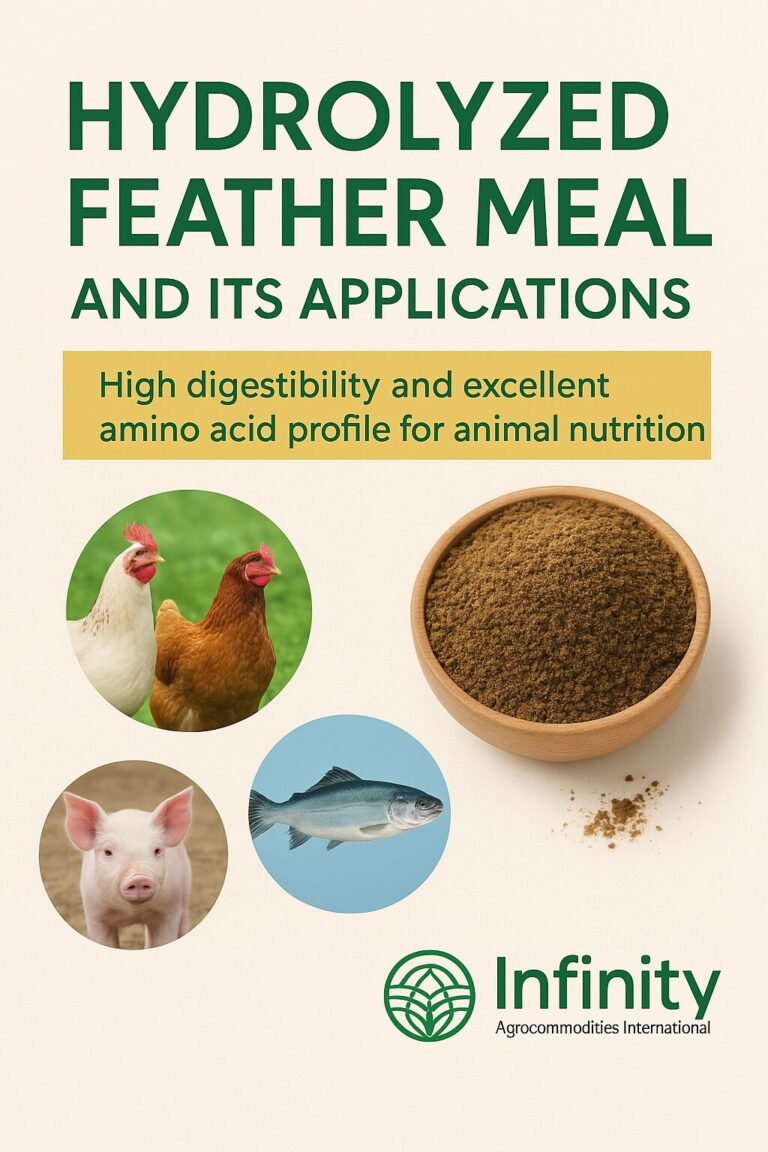China has been ramping up protectionist measures against some of its key suppliers, including Brazil, in recent weeks.
At least 4 major developments support this assessment, raising concerns among Brazilian exporters, as China remains the largest buyer of Brazilian meat and grains.
Exports blocked from 5 major trading companies
In the second week of January, China’s General Administration of Customs (GACC) blocked soybean exports from several units of 5 major trading companies with operations in Brazil.
The embargoes, which occurred between January 8 and 14, affected companies such as Cargill, ADM, China da Terra Roxa, Olam Brasil, and C.Vale.
All indications suggest that exports will resume in approximately a month and a half
Cargill, ADM, and Olam rank among the 10 largest grain traders globally, holding 1st, 3rd, and 9th positions in 2023, respectively. Together, they handled over $310 billion that year. According to the official communication, Chinese authorities found shipments contaminated with chemicals, pests, or insects. The affected companies have yet to comment on the matter.
China is primary destination for Brazilian soy
China is the primary destination for Brazilian soybean exports, with 73 million tonnes shipped in 2024, accounting for 70% of total soybean sales. The Brazilian Ministry of Agriculture and Livestock (Mapa) expects these units to resume exports by the end of March. “All indications suggest that exports will resume in approximately a month and a half,” said Luis Rua, Secretary of Trade and International Relations at Mapa. According to an official statement from Mapa, only 5 units were affected. “It is important to emphasize that other units from the notified companies continue to export to China as usual,” the ministry noted.
China’s grain imports plummet
Coincidentally or not, the impact has already been felt. According to BIMCO (Baltic and International Maritime Council), Chinese grain imports plummeted by 51% in January 2025, reaching their lowest record since 2018. BIMCO’s Head of Shipping Analysis, Filipe Gouveia, attributes this decline to multiple factors, including low crushing margins and high stockpiles.
Indeed, China accelerated imports in late 2024 ahead of Trump’s inauguration. The analysis also highlights China’s production is growing, with record harvests in 2024, reducing the need for corn and wheat imports.
China tightens import restrictions
In late 2024, China launched a broad investigation into beef suppliers from Australia, Argentina, and Brazil, alleging that their imports have harmed domestic production. The investigation covers the period from 2019 to the first half of 2024 and could last around 8 months. The main argument is that excess supply in the domestic market has pushed beef prices to historic lows. Coincidentally, China recorded an all-time high in domestic beef production.
Meanwhile, in the last week of January, China announced import restrictions on several countries due to outbreaks of diseases such as sheep and goat pox and foot-and-mouth disease in Africa, Asia, Oceania, and Europe. The measure applies to processed and unprocessed products and follows the World Health Organization (WHO) released outbreak data from multiple countries.
The nations included in the ban are Ghana, Somalia, Qatar, Congo, Nigeria, Tanzania, Egypt, Bulgaria, Timor-Leste, and Eritrea.
Additionally, China suspended imports of sheep, goats, and their by-products from Palestine, Pakistan, Afghanistan, Nepal, and Bangladesh, specifically citing outbreaks of sheep and goat pox.
The restriction was also extended to Germany, with a ban on the import of cloven-hoofed animals and related products following the detection of foot-and-mouth disease in the country.





